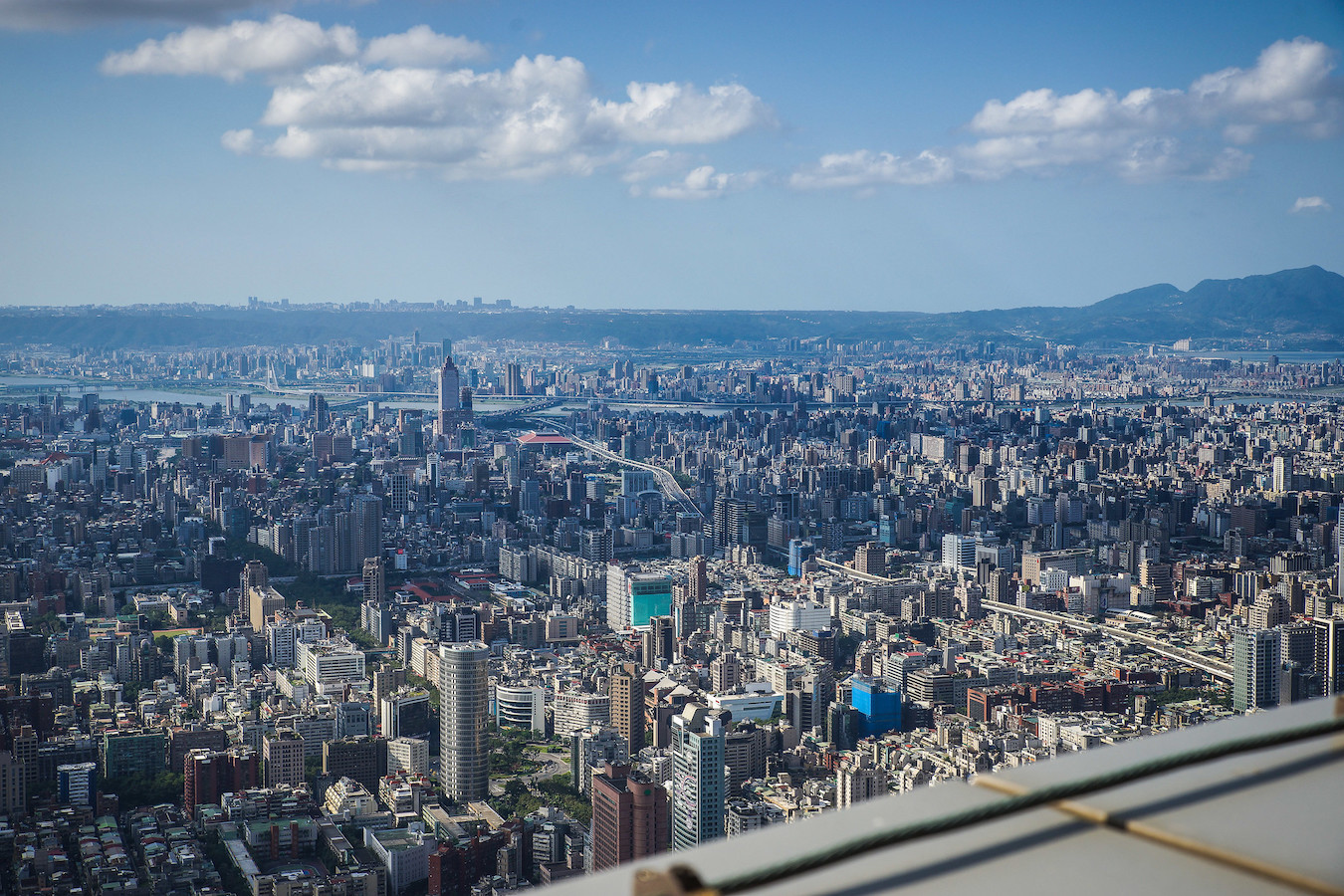by Brian Hioe
語言:
English
Photo Credit: lingyao/CC0
NEW LEGAL CHANGES that have cleared the legislature aims to deter speculation on property prices, at a time in which real estate has become unaffordable in Taiwan for all but the wealthy. This is particularly the case for young people, with it currently requiring one to not eat or drink for sixteen years in order to purchase real estate in Taipei. Likewise, as with many other places in the world, there are many empty housing units in Taiwan because they are held by developers or wealthy individuals hoarding properties. 11.94% of homes, consisting of 876,000 units, were empty in 2020.
The changes are to the Equalization of Land Rights Act. In particular, the changes will prevent the re-selling of rights to pre-sold or newly constructed property. Namely, it has become a common practice for individuals to pay a pre-sale price on a property before its construction is complete.
When the property price goes up, when further progress is made on construction, then this is reverted to others. Violators of the new measures will be subject to a 500,000 NT to 3 million NT fine, applying to real estate agents and others involved in the reselling process. Exceptions will be made for relatives of the purchaser or their spouse, however, in the case of property rights being transferred between relatives or family members. If a purchase agreement is dissolved, this must be reported within 30 days, otherwise there will be fines of 30,000 NT to 150,000 NT per unit. As part of moves to crack down on speculation through property transfers, private foundations will also be prevented from reselling or transferring properties within five years of purchasing them.
Other provisions in the bill seek to crack down on individuals that seek to inflate values of property prices through the manipulation of information. This includes through false transactions, exaggeration or falsification of information about housing units, and similar measures.
In general, the legal changes aim to target large property developers that engage in such practices. In anticipation of the changes, this led to a flurry of activity in the property market last year. It is to be seen whether the changes have the intended effect in pushing such property developers out of the market.
 Photo credit: Timo/Flickr/CC BY-NC-ND 2.0
Photo credit: Timo/Flickr/CC BY-NC-ND 2.0
To prevent such practices, there has been a broader push for transparency about real estate prices. In past elections, candidates have called for establishing open and easily searchable databases of real estate prices in order to prevent speculation. Namely, it is thought that more open and transparent data on real estate prices will equalize the playing field for property prices, making it harder for developers to inflate real estate prices at the expense of buyers.
Otherwise, there has been legislation aimed at targeting individuals that hoard properties they are not using. Changes to taxation regulation introduced by the Executive Yuan last year aimed to increase taxes for short-term transactions on individuals that own more than four properties. For example, provisions aimed to increase the tax on property transactions for individuals to 45% for homes or land sold within two years of purchase and to 35% for land sold within two to five years. Caps on loan-to-value ratio were increased by the central bank to 40% for corporate entities, 55% for individuals purchasing a third home, and 50% for those purchasing a fourth home. Targeting short-term transactions was in light of the fact that 54.51% of corporate entities sold properties within one year of purchase.
It is to be seen whether the new measures, combined with such preceding measures, will alleviate such long standing issues in the property market in Taiwan. Part of what contributes to these issues is not only social disparities in Taiwanese societies but views that real estate represents a safe means of investment in which value is guaranteed to rise. But this contributes toward making real estate unaffordable, particularly for young people who are new entrants to the market.
Furthermore, construction companies have long colluded with elected politicians and local organized crime in terms of property development, a practice that goes back to KMT authoritarian times. Although this may not necessarily be the structural reason for unaffordable real estate prices in Taiwan, this proves another contributing factor.

